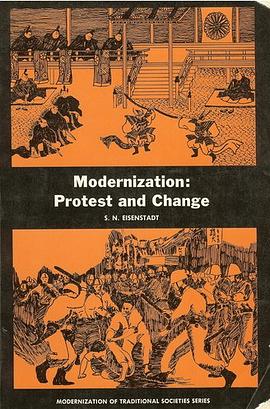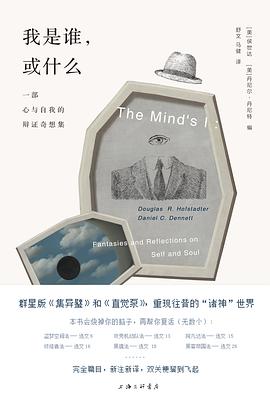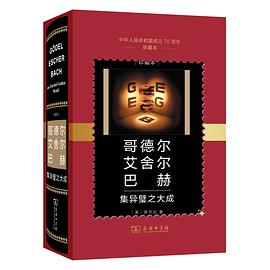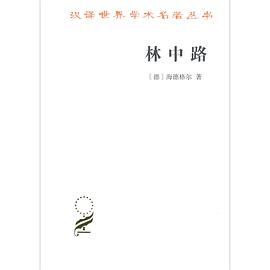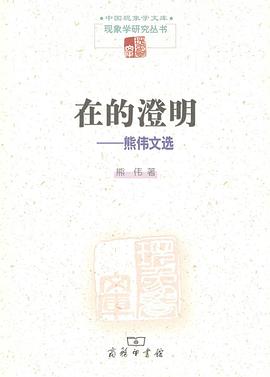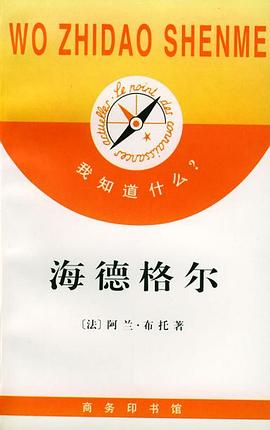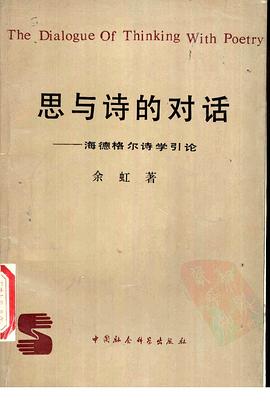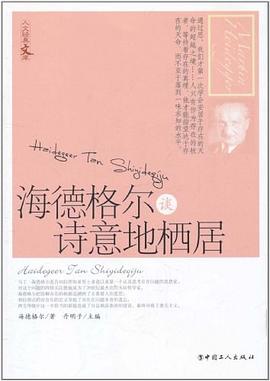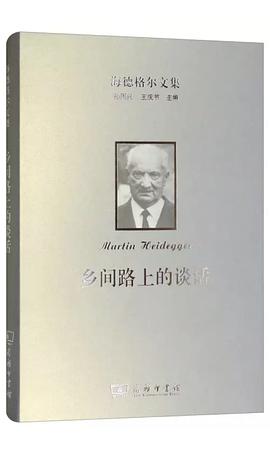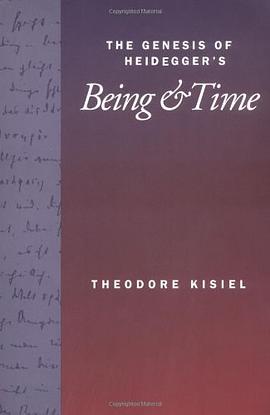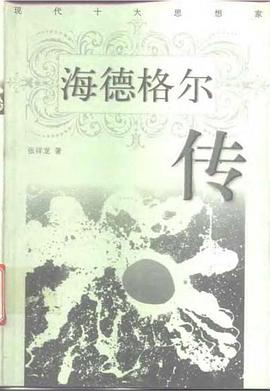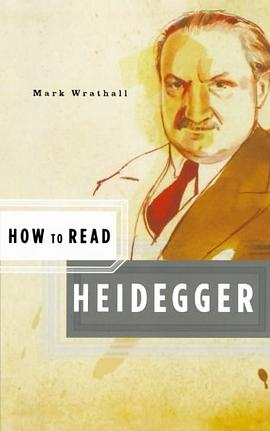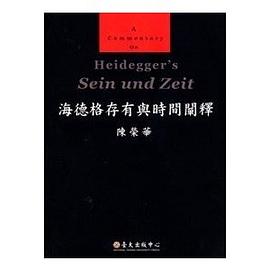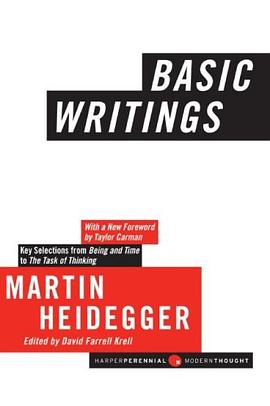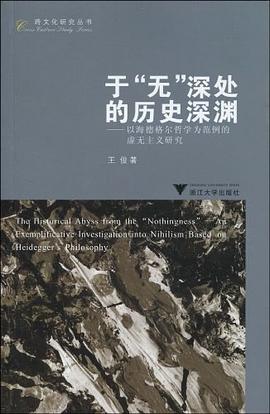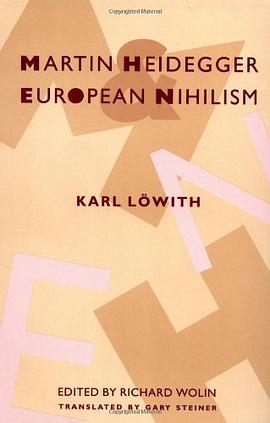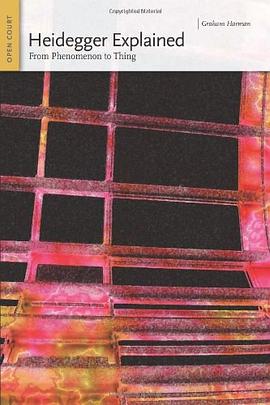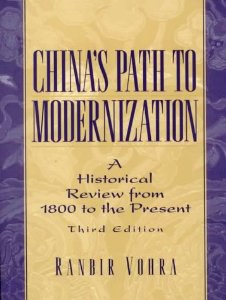

evised and updated, this thoughtful, balanced and highly readable work provides a succinct, yet comprehensive and cohesive overview of China's path to modernization, preparing readers to understand the complex interaction between the Chinese cultural traditional and the internal and external pressures for change that led China onto the path of revolution and Communism. Evaluating the impact of Mao Ze-dong's thought and action on China's development, it explores the nature of Deng Xiao-ping's "second revolution" that reversed many of Maoist policies that put the country on the road to economic prosperity but which also created serious economic and political imbalances that will continue to plague China in the near future. Develops and sustains a narrative line not usually available in survey histories of China, presenting an internal coherence within each chapter that provides not only an integrated picture of political, cultural, and economic developments but also a convenient foundation to grasp the sequence of fundamental changes in China. Provides a brief summary of China's past history, focusing on the ideology and institutions that molded Chinese political culture. Covers critical transition periods, such as the collapse of the Manchu dynasty and the establishment of the first republic; the shift of power from the Nationalists to the Communists; and the rise of Deng Xiao-ping after the passing away of Mao Ze-dong. Expands coverage on many areas, including Tibet, PRC in Taiwan, and Hong Kong; the Sino-Indian war of 1962, and the Sino-Vietnamese war of 1979; plus social, economic, and cultural topics in various periods.
具体描述
读后感
评分
评分
评分
评分
用户评价
相关图书
本站所有内容均为互联网搜索引擎提供的公开搜索信息,本站不存储任何数据与内容,任何内容与数据均与本站无关,如有需要请联系相关搜索引擎包括但不限于百度,google,bing,sogou 等
© 2025 book.wenda123.org All Rights Reserved. 图书目录大全 版权所有

